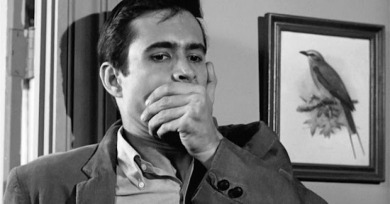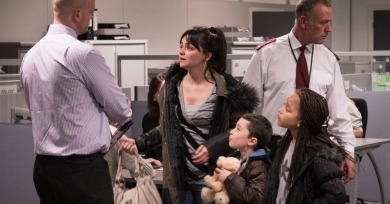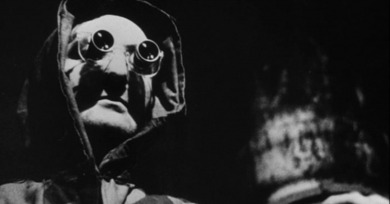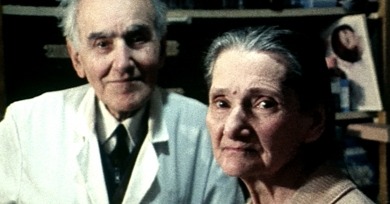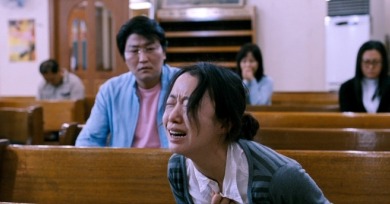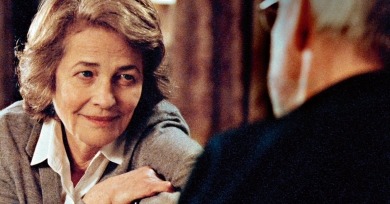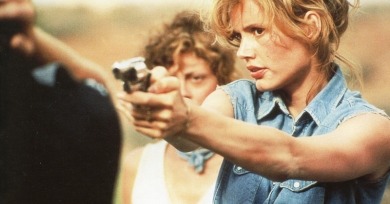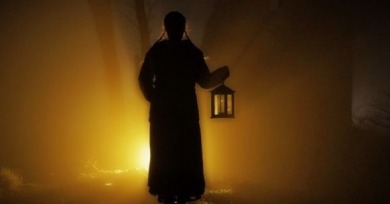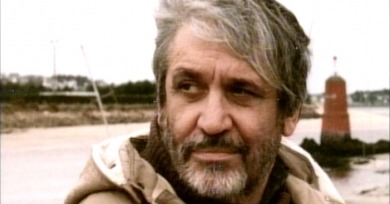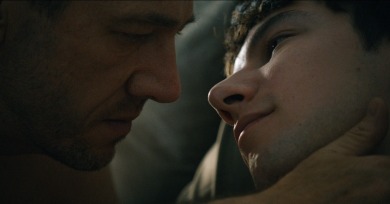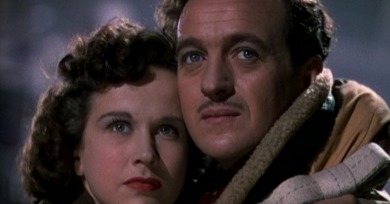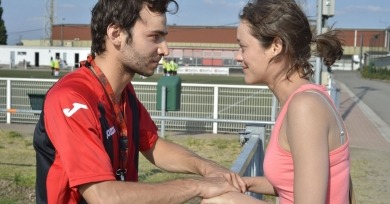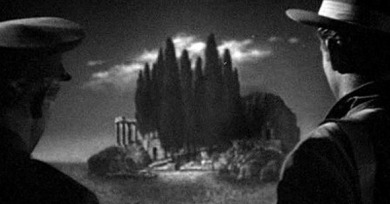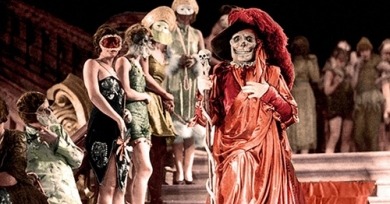Julien Allen
How soon after our heroine has been so viciously dispatched, turning our experience and emotions upside down, do we find ourselves itching for her body to disappear, even though this means her murderer will most likely escape justice? Just nine and a half minutes. Are we monsters?
To understand the origins of the Screenplay film festival, the annual highlight of the Shetland arts calendar that Hubbard continues to run with eyebrow-raising drive and stamina, it is useful to note that Shetland is historically (and understandably) an island of enthusiastic bookworms.
Their contrivance is based on philosophical truths about human behavior, combined with faith in their audiences to distill truth from fiction. Their cinema presents an almost constant dialogue between the mundane and the colossal.
Until now, his stubborn auteurism has foisted upon audiences a surfeit of heavy psychodrama, cinematic doggerel, and narrative stodge where the excitement (which he has always shown himself capable of engineering) should have been.
The commonwealth of Virginia has been a site of American judicial progress as well as conservatism, as proven by the Executive Order Providing an Order of Succession Within the Department of Justice and Terrence Malick’s The New World.
I, Daniel Blake is a film not about injustice (which we can all read about), but about hardship (which we do not) and how its victims cope with it. We are never allowed to forget the inhumane backdrop, via the mind-numbing repetition of ghastly, subliterate welfare terminology.
A Few Great Pumpkins
La Jetée, I Walked with a Zombie, Creepy, Jacob's Ladder, Young Sherlock Holmes, Vampyr, The Pit and the Pendulum
Even in the context of a body of work that more or less exemplifies the concept of personal cinema, Daguerreotypes is as close to a self-portrait as you can get without being one.
An astute conceit in Beyond Hatred is the mirroring of the legal process and the filmmaking process, as it depicts two legal teams tasked with telling a story to an audience (the jury): like the director, they must stress-test the effect on their audience of each method of presentation of the facts.
The essence of his realism is that he presents his characters to the audience exactly as they would present themselves. Only later, as he begins to decorticate their personalities through his increasingly intimate dramatization of their relationships, will they reveal themselves as they really are.
Khouri was brought in as coproducer and remained on set throughout the shoot: the “third woman” of Thelma & Louise, fighting (successfully) for the undiluted retention of her ideas, including the film’s infamous ending.
A Few Great Pumpkins
The Witch, The Hound of the Baskervilles, In the Mouth of Madness/Hair, Ringu, The Visit, Nosferatu the Vampyre, Carrie
Pialat’s quest was to seek out something more artistically valuable and emotionally direct: a cinema of genuine immediacy and truth, a cinema from which fragments of real life could erupt from the screen, where moments could simply exist, freed from the yoke of their context or origins.
Gere’s performance, aggressively understated, is subtle to the point of nondescription. His character’s complexity is comprised entirely of a refusal to reveal anything at all, until it dawns on the viewer that this is because there is going to be nothing to reveal.
It's the tale of two men who are striving, against a background of fear, distrust, and discouragement, to work out what they want from each other and how to achieve it. And it's one of the most complex and beguiling cinematic love stories since Wong Kar-wai's turn-of-the-century monument In the Mood for Love.
The 4:3 aspect ratio is often referred to as the shape of a conventional television screen, but when contemplating the work of Powell and Pressburger, there is a far more rewarding comparison to be made, which is with the shape of a traditional 19th-century Victorian theater stage.
The relentless repetition of the context (why the ballot is being held again), of Sandra’s plea, and of one question she frequently receives in response (“How many of the others have accepted to lose their bonus?”) approaches liturgy.
In the early nineties, London’s remaining rep cinemas were slashing prices and recycling their stock in the hope of staving off the inevitable. The market followed: an impoverished student with a bus pass, like me, could englut himself.
A Few Great Pumpkins
Isle of the Dead, Twilight Zone: the Movie, Eyes Without a Face, Candyman, Night of the Demon, Black Sunday, The Babadook
Later adaptations such as the musical version with Claude Rains and of course, the Andrew Lloyd Webber stage behemoth, tried to harness this sympathetic dimension overtly, but ended up playing down the horror. This is not something Chaney’s Phantom will ever be accused of.
